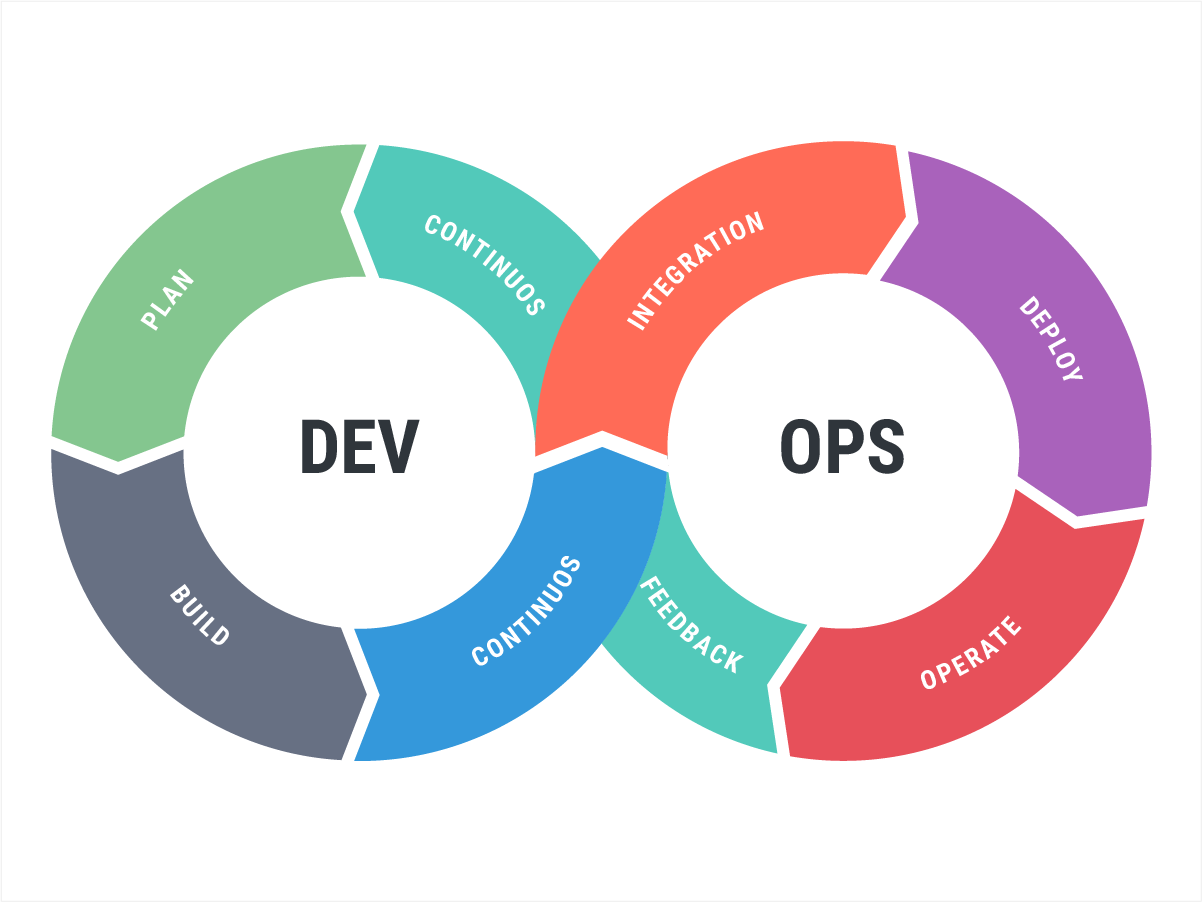
Unlock the power of DevOps and revolutionize your software development and IT operations. Our "DevOps Fundamentals and Best Practices" Course is designed to equip you with the skills and knowledge needed to streamline your development pipelines, enhance collaboration, and achieve continuous integration and delivery. Whether you're a developer, system administrator, or IT professional, this Course will empower you to master the art of DevOps and drive innovation in your organization.
A basic understanding of software development and IT operations concepts is helpful but not mandatory. DevOps welcomes individuals from diverse technical backgrounds.
• Faster Time to Market: DevOps practices streamline the software development and deployment processes, enabling organizations to release new features, updates, and fixes more quickly. This agility helps businesses respond to market demands faster than traditional development methods.
• Improved Collaboration: DevOps encourages close collaboration between development, operations, and other relevant teams. This collaboration enhances communication, understanding, and shared responsibility, leading to better overall outcomes.
• Enhanced Quality: Automation, continuous integration, and continuous testing in DevOps help identify and fix issues early in the development cycle. This results in higher-quality software with fewer defects and vulnerabilities.
• Greater Efficiency: Automation reduces manual and repetitive tasks, freeing up teams to focus on more value-added activities. This efficiency translates to cost savings and resource optimization.
• Scalability and Flexibility: DevOps practices, including containerization and infrastructure as code, enable organizations to scale resources rapidly and adapt to changing requirements and workloads.
• Reduced Risk: By automating and standardizing processes, DevOps minimizes the risk of human error in deployments and configurations. This leads to more stable and reliable systems.
• Continuous Feedback and Improvement: DevOps encourages a culture of continuous improvement through regular feedback and monitoring. Teams can identify areas for enhancement and act upon them promptly.
• Cost Savings: DevOps helps control infrastructure costs by allowing organizations to allocate resources efficiently, reduce waste, and optimize cloud usage.
•Security Integration: DevOps promotes the integration of security practices into the development pipeline (DevSecOps), ensuring that security concerns are addressed early and consistently.
• Competitive Advantage: Organizations that adopt DevOps practices can innovate more rapidly and respond to customer needs faster. This competitive advantage can be crucial in today's fast-paced business environment.
• Compliance and Auditability: DevOps practices can help organizations meet regulatory requirements and maintain audit trails, which is particularly important in industries with strict compliance standards.
• Cultural Transformation: DevOps often requires a cultural shift within an organization, fostering a culture of collaboration, continuous learning, and accountability.
• Monitoring and Insights: DevOps emphasizes the importance of monitoring and analytics to gain insights into application and infrastructure performance, enabling proactive issue resolution.
• Global Reach: DevOps practices can facilitate the deployment and management of applications in multiple geographic regions, supporting global user bases.
• Adaptability: DevOps is adaptable to various technologies and industries, making it applicable across a wide range of organizations and projects.

Explore our comprehensive range of Courses and unlock limitless opportunities in the world of technology.